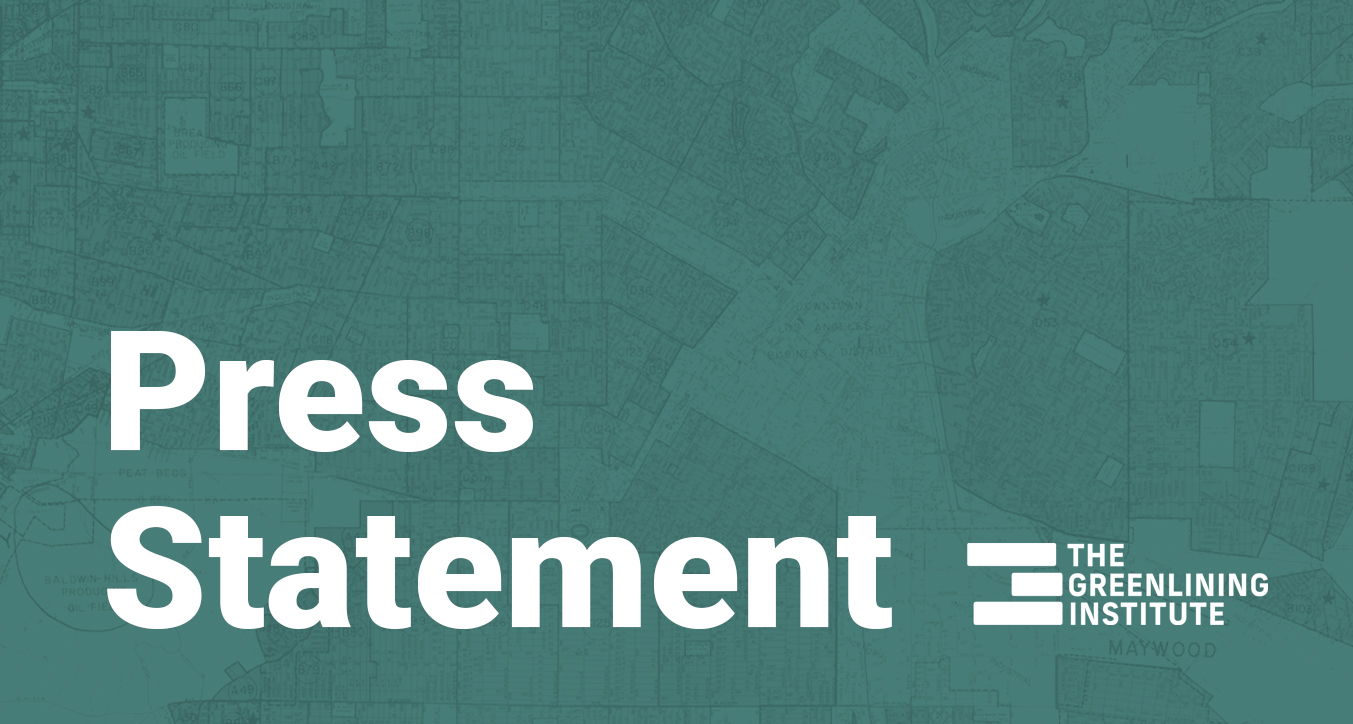Opinion: Consumers suffer under California broadband deregulation

Media Contact
Danielle Bell
SENIOR PROGRAM MANAGER FOR MEDIA RELATIONS
media@greenlining.org danielle.bell@greenlining.orgMercury News
By VINHCENT LE and SEAN MCLAUGHLIN
In 2012, California decided to deregulate the broadband internet industry until 2020 with the aim of encouraging greater consumer choice, economic growth and innovation. Eight years later, these benefits have not materialized.
Instead internet providers have taken advantage of deregulation to increase prices and evade oversight. Now internet providers are pushing Assembly Bill 1366, which would extend this disastrous policy for another decade.
While the telecom industry would have you believe that big government is after your internet, in reality, California needs to do much more to promote broadband competition, internet affordability and availability. Failing to do so means California will be left behind in our increasingly connected global economy.
A decade ago, Verizon, AT&T and Google were rolling out next-generation 1000 Mbps fiber internet to homes across California. Today, despite promises of increased choice under deregulation, Google and Verizon have pulled out of the market and AT&T has focused its fiber buildout on only the highest-income neighborhoods.
What’s more, half of Americans are stuck choosing between one or two internet providers. Meanwhile, in countries like Sweden or states like Utah, families can choose from ten different providers that deliver 1000 Mbps fiber internet for less than $50 a month.
A recent study showed that fiber buildout has actually slowed in the United States, a baffling trend given that fiber internet unlocks economic development by attracting high-paying jobs and increasing property values. Unlike California, other developed economies like China and the EU have realized that universal fiber connectivity is a key economic advantage and have embraced ambitious plans to make this crucial service affordable and ubiquitous. In other words, they’ve taken an approach that’s the exact opposite of California-style deregulation. Without pro-competition policy and oversight, Californians will suffer economically.
Nearly one-third of low-income students lack access to home internet, and the primary barrier to internet access in California is cost. This lack of access translates to a lack of job opportunities and poor academic performance.
However, providers have no incentive to lower prices or improve services if they don’t have any competition or oversight. AB 1366 would prohibit nearly all regulatory oversight of broadband internet services. In fact, the internet industry claims that current law — which AB 1366 would extend — limits the state’s power to even measure the affordability of their services.
AB 1366 also limits California’s ability to protect public safety. In 2018, Verizon cut data service to firefighters working to combat one of California’s largest-ever fires. Verizon’s actions meant our firefighters could not effectively coordinate and plan their efforts. AB 1366 would limit California’s ability to prevent this from happening again.
Similarly, AT&T plans to take taxpayer dollars to build an internet-based 911 system but is suing the state, claiming that California’s deregulatory policy bans any oversight over how they spend taxpayer dollars on this system. Opposing AB 1366 is crucial to ensuring that AT&T is not allowed to build such a critical service without any oversight.
In our view, California needs to be able to guide critical public investments in our broadband infrastructure and our agencies need to have the power to protect public safety, prevent price gouging and implement state and local policies to promote faster speeds and increased availability.
If AB 1366 passes, California’s broadband policy will continue to be dictated by internet providers and their shareholder interests — and consumers will suffer.



